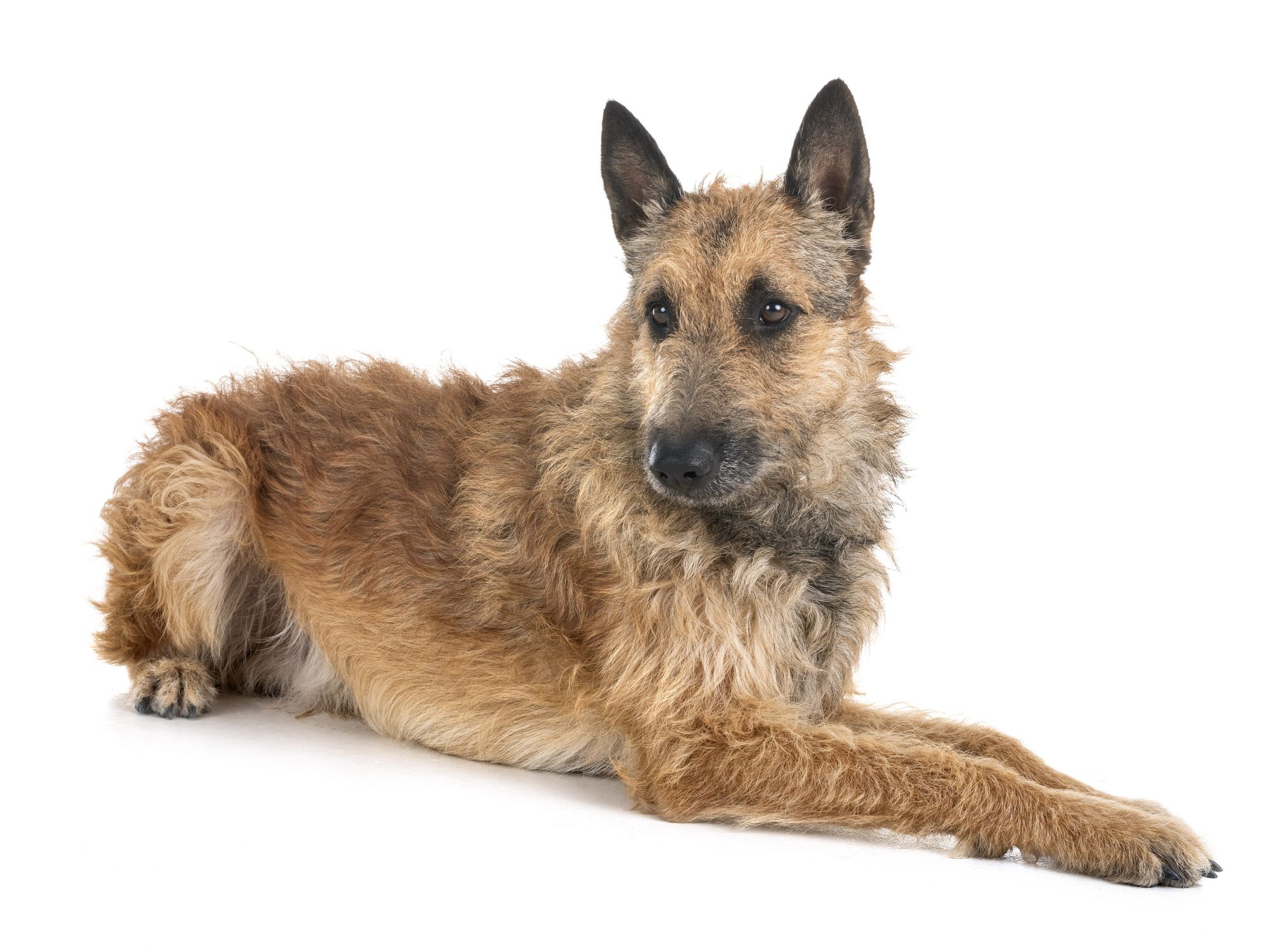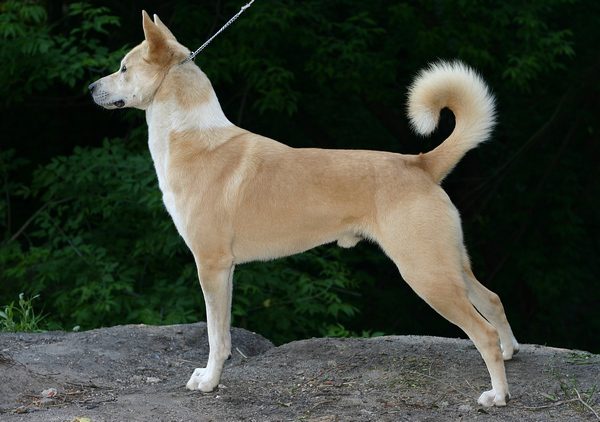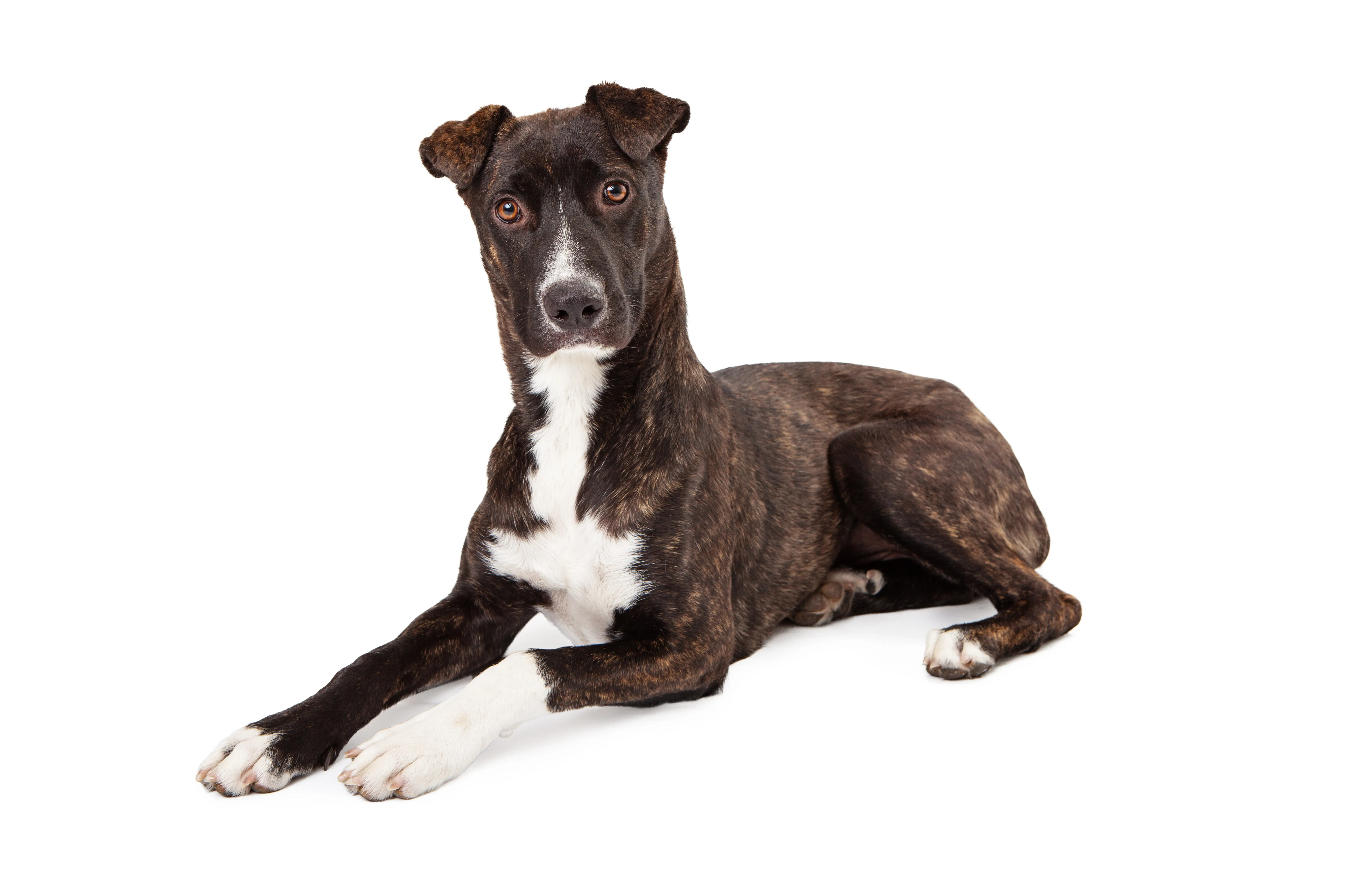Key Takeaways:
-
- Greater Swiss Mountain Dogs are large, powerful dogs that were originally bred for working purposes such as herding and guarding.
- They have a friendly and gentle nature, making them excellent family pets and good with children.
- This breed requires regular exercise to prevent weight gain and keep them mentally stimulated.
- Greater Swiss Mountain Dogs have a short coat that is easy to groom, but they do shed moderately throughout the year.
- Proper socialization and training from an early age are essential for this breed to ensure they grow up to be well-behaved and obedient dogs.
Are you curious about the wonderful world of dog breeds? If so, then get ready to embark on a journey that will not only introduce you to one of the most fascinating and lovable breeds out there, but also provide you with valuable insights into their unique characteristics and how to properly care for them. Whether you're a dog enthusiast or just looking for a new furry friend, understanding the Greater Swiss Mountain Dog is essential. These gentle giants possess an array of traits that make them stand out from the pack, and by delving into this subject, you'll gain a deeper appreciation for these magnificent creatures. So, let's dive in and discover everything there is to know about the Greater Swiss Mountain Dog: their temperament, exercise needs, grooming requirements, and much more. Get ready to be amazed by these incredible canines!
What is a Greater Swiss Mountain Dog?
Origin and History
The Greater Swiss Mountain Dog, also known as the Swissy, is a large and powerful breed that originated in Switzerland. They were originally bred for working purposes, such as pulling carts, herding livestock, and guarding property. The breed has a long history dating back to the Roman era and was almost extinct by the late 19th century. However, thanks to dedicated breed enthusiasts, the Greater Swiss Mountain Dog made a comeback and is now recognized as a beloved family pet.
Physical Appearance
Greater Swiss Mountain Dogs are known for their impressive size and strength. They have a sturdy build with a broad chest and strong limbs. Their head is proportional to their body, with a flat skull and a well-defined stop. Their ears are medium-sized and set high on their head. The breed has dark brown eyes that have an intelligent and friendly expression. One of their most distinctive features is their short double coat, which comes in black with rust or white markings.
How big do Greater Swiss Mountain Dogs get?
Greater Swiss Mountain Dogs are considered one of the largest dog breeds. On average, males stand between 25-28 inches tall at the shoulder and weigh between 105-140 pounds. Females are slightly smaller, standing between 23-27 inches tall and weighing between 85-110 pounds. It's important to note that individual dogs may vary in size within these ranges.
Growth and Development
Like all dogs, Greater Swiss Mountain Dogs go through different stages of growth and development. As puppies, they grow rapidly in their first year of life. By around six months old, they will have reached about half of their adult height. However, it takes longer for them to fully mature both physically and mentally. It's important to provide them with a balanced diet and regular exercise during their growth phase to support healthy development.
Life Expectancy
On average, Greater Swiss Mountain Dogs have a lifespan of 8-11 years. However, with proper care, some individuals may live even longer. Regular veterinary check-ups, a nutritious diet, and plenty of exercise can help ensure that your Swissy lives a long and healthy life.
Key characteristics of Greater Swiss Mountain Dogs
Greater Swiss Mountain Dogs are known for their friendly and gentle nature. Here are some key characteristics that make them special:
- Temperament: They are typically calm, confident, and good-natured dogs. They are known to be loyal and devoted to their families.
- Intelligence: Greater Swiss Mountain Dogs are intelligent and eager to please. This makes them relatively easy to train.
- Good with Children: They have a patient and tolerant nature, which makes them great companions for children. However, as with any dog breed, supervision is always recommended when they interact with young children.
- Protective Instincts: Despite their friendly demeanor, Greater Swiss Mountain Dogs have strong protective instincts. They will bark to alert their family of any potential threats or strangers approaching the home.
Caring for a Greater Swiss Mountain Dog's coat
Greater Swiss Mountain Dogs have a short double coat that requires regular grooming to keep it in good condition. Here are some tips for caring for their coat:
- Brushing: Weekly brushing helps remove loose hair and prevents matting. A slicker brush or grooming mitt can be used to gently brush through their coat.
- Bathing: Baths should only be given as needed or if they get particularly dirty. Use a dog-specific shampoo and rinse thoroughly to avoid skin irritation.
- Nail Trimming: Regular nail trims are important to prevent overgrowth or discomfort while walking.
- Ear Cleaning: Check their ears regularly for any signs of infection or wax buildup. Use a dog-specific ear cleaning solution and gently wipe the outer part of the ear with a cotton ball.
Professional Grooming
Some Greater Swiss Mountain Dog owners choose to take their dogs to a professional groomer for regular maintenance. Professional grooming can include services such as nail trimming, ear cleaning, and coat trimming if desired. It's important to find a reputable groomer who is experienced with large breeds.
Are Greater Swiss Mountain Dogs good with children and other pets?
Greater Swiss Mountain Dogs are generally known for being good with children and other pets when properly socialized and trained. Here are some considerations:
- Socialization: Early socialization is key to ensuring that your Swissy gets along well with children and other animals. Expose them to different people, situations, and environments from a young age.
- Supervision: While Swissies are generally gentle with children, it's always important to supervise interactions between dogs and young children to prevent any accidental injuries.
- Training: Basic obedience training is essential for all dogs, including Greater Swiss Mountain Dogs. Teaching them commands such as "sit," "stay," and "leave it" can help ensure they behave appropriately around children and other pets.
- Introductions: When introducing your Swissy to new pets, do so gradually in a controlled environment. Allow them to sniff each other while closely monitoring their behavior.
Exercise needs for Greater Swiss Mountain Dogs
Greater Swiss Mountain Dogs have moderate exercise needs but require daily physical activity to keep them happy and healthy. Here are some ways to meet their exercise needs:
- Daily Walks: Regular walks on a leash provide mental stimulation and help burn off excess energy.
- Playtime: Engage in interactive play sessions with toys such as fetch or tug-of-war.
- Mental Stimulation: Provide puzzle toys or food-dispensing toys to keep their minds active.
- Hiking or Jogging: Greater Swiss Mountain Dogs enjoy outdoor activities such as hiking or jogging with their owners. However, it's important to wait until they are fully grown before engaging in strenuous exercise to avoid potential joint issues.
Common health issues in Greater Swiss Mountain Dogs
While Greater Swiss Mountain Dogs are generally healthy dogs, like all breeds, they may be prone to certain health issues. Here are some common health concerns associated with the breed:
- Hip Dysplasia: This is a genetic condition where the hip joint does not develop properly. It can lead to pain and mobility issues.
- Elbow Dysplasia: Similar to hip dysplasia, elbow dysplasia is a developmental condition affecting the elbow joint.
- Bloat: Also known as gastric torsion or GDV, bloat is a life-threatening condition that occurs when the stomach fills with gas and twists on itself.
- Epilepsy: Some Swissies may be prone to seizures due to epilepsy, a neurological disorder.
Regular veterinary check-ups, a balanced diet, and providing appropriate exercise can help minimize the risk of these health issues. It's also important to choose a reputable breeder who screens their breeding dogs for these conditions.
In conclusion, the Greater Swiss Mountain Dog is a large and strong breed known for its friendly nature and loyalty. Taking care of this breed requires regular exercise, grooming, and proper nutrition to ensure their well-being.
Is a Swiss Mountain Dog a good family dog?
Yes, Greater Swiss Mountain Dogs are typically tolerant and kind towards children. However, due to their large size, they may not be the best choice for families with very young children. It is recommended that children should not be entrusted with the task of walking a GSMD until they are old enough to handle them.
What is the personality of a Swiss mountain dog?
The Swissy breed has a gentle, alert, and fun-loving personality. They are not passive dogs, but rather confident and independent thinkers who can sometimes be stubborn. Due to their strong-willed nature, Swissy dogs thrive with owners who are both kind and assertive leaders.
What are the health problems with the Greater Swiss Mountain Dog?
Greater Swiss Mountain Dogs commonly experience health issues such as hip and elbow dysplasia, orthopedic problems like panosteitis and osteochondritis dissecans in the shoulder, distichiasis (an eye disease), gastric torsion, epilepsy, and urinary incontinence in females.
Is a Greater Swiss Mountain Dog good for first time owners?
The temperaments of Swissy dogs can be quite complex, as they have a background as working dogs. However, they are not recommended for inexperienced or first-time dog owners. With an experienced owner, they can be a great addition to a family.
Do Greater Swiss Mountain Dogs like to cuddle?
The Greater Swiss Mountain Dog is a lovable and affectionate breed, despite its large size. It enjoys snuggling with its owners and might even think it can fit on their lap. Generally, it is calm and always ready to please.
How much exercise does a Swiss Mountain Dog need?
The Greater Swiss Mountain Dog needs a moderate amount of exercise. Taking them for a walk or letting them play in the woods is usually enough to meet their daily exercise requirements. This breed is more suitable for someone who enjoys hiking rather than someone who wants a partner for activities like biking or running marathons.
















